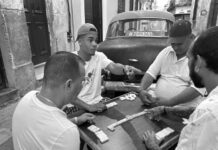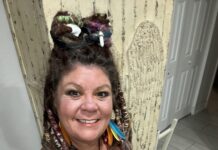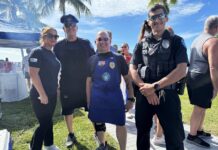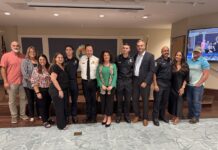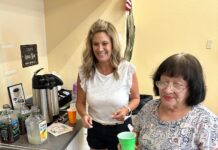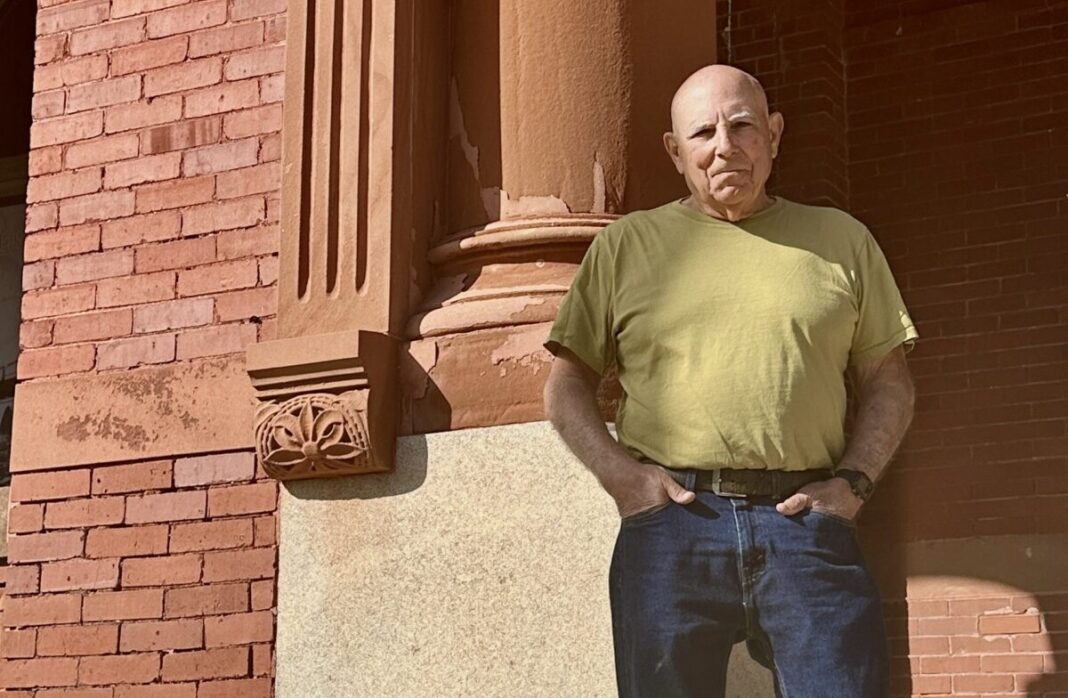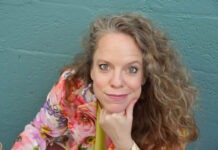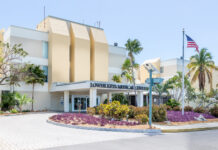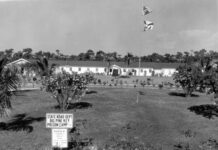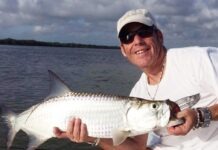Someone at college told Bert Bender to “give it up,” that he’d never be an architect. They clearly didn’t know whom they were dealing with.
This week, Bender receives the prestigious Scotti Merrill Historic Preservation Award from Key West Art & Historical Society, one of many accolades he’s received in the 47 years he’s been running the firm he started in Flagstaff, Arizona in 1975.
“It’s no secret that historic preservation is a big deal for me. It always has been and it always will be,” Bender says. “I don’t think I will ever be able to change that.”
After a decade of it in Arizona, his wife Nancy asked him where he would consider living. “Wrong coast,” she said in answer to his Pacific Northwest interest. But Bender clearly landed in the right place on the right coast in 1985.
Key West is said to have the largest collection of historic, wooden buildings in the nation, a niche that helped Bender build (pun intended) a name for himself as both architect and historic preservationist. His firm, Bender & Associates, has completed many projects throughout Florida and the country, including transforming what was once Glynn Archer Elementary School on White Street into today’s Key West City Hall.
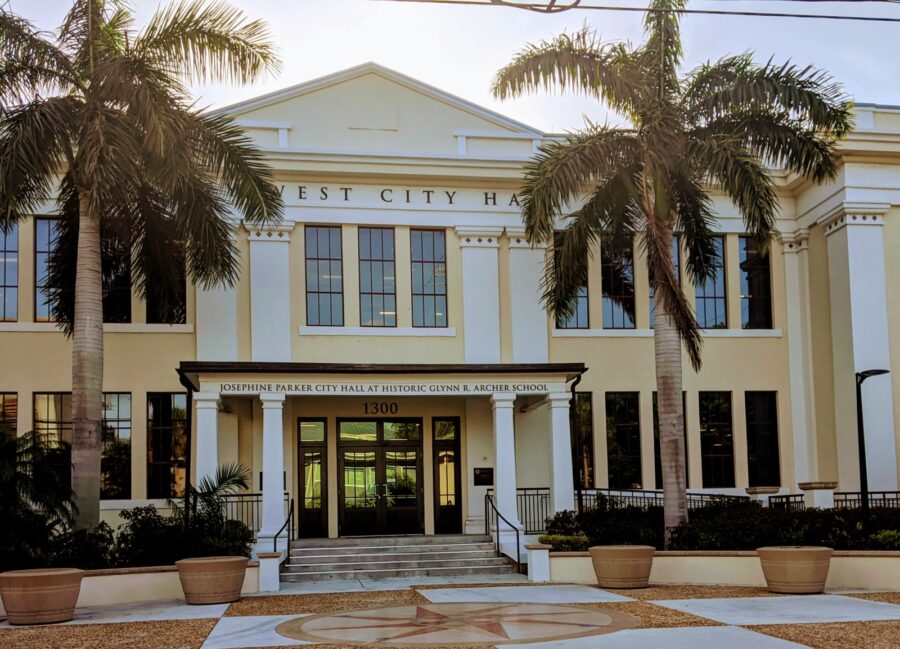
His longest client relationship is with Key West Art & Historical Society — a natural fit given the three historic properties the society stewards and the tenacity required to keep them in restored order despite the relentless sun, subtropical storms, salt and humidity.
When the society needed to restore the Key West Lighthouse and surrounding Keeper’s Quarters in 1988, no one wanted to touch it. But Bender’s firm more than willingly stepped in.
A few years later, he was called to help spearhead the nine-year, $9 million renovation of the Custom House — the iconic landmark that since 1891 has stood sentinel over Key West Harbor. The building now houses the society’s award-winning Key West Museum of Art & History, with two floors of exhibitions that weave together two centuries of island history, art, people and events.
Bender and his firm have become a trusted source for all the society’s historic preservation needs, “going above and beyond with every project,” said Michael Gieda, KWAHS executive director.
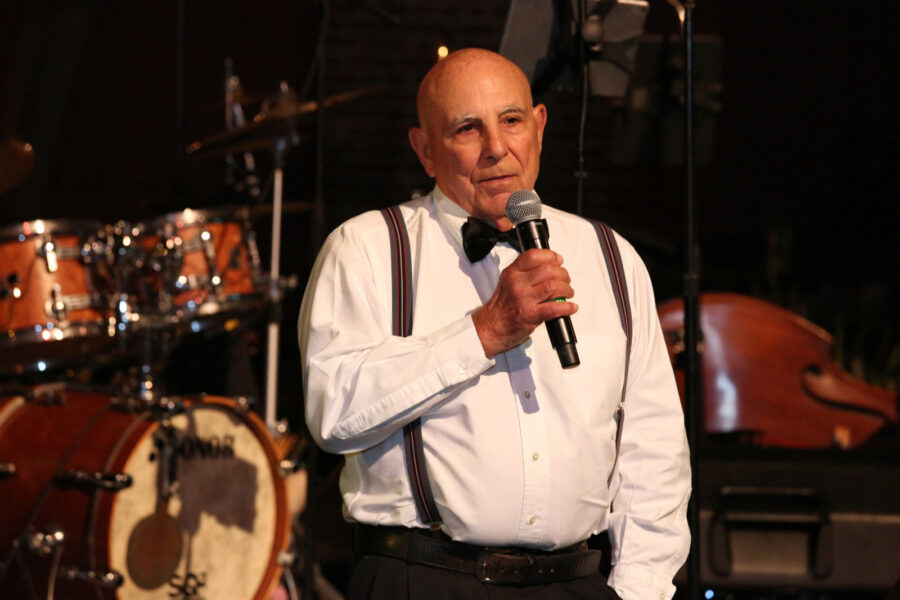
Still, the awards he gets in his life now give him pause.
“I keep thinking that people think I’m going to die around the corner, and that’s not the case at all,” he says. “Every day is better than it was the day before.”
That doesn’t mean he hasn’t had some pretty terrifying health scares in his life, he says. Bender had leukemia. Twice. Survival odds were 10%.
“I’ll take those odds,” he told them.
Last fall, Bender suffered a severe stroke while working out at a gym. Fortunately, a nurse was also working out that morning. He was helicoptered to Miami, where he met with a dozen specialists.
“Was it a tragedy? Or was it a gift?” he asks. “Because I had that stroke, they took care of a lot of other things that would have killed me.”
When I point out his tenacity and capacity for introspection, he blames it on genetics.
“They did a test on me. I’m 93% Jewish, 5% Genghis Khan and 2% unknown.”
Genes also account for a condition that left Bender legally deaf when he was 7 — 30% capacity to hear only low tones and with a continuous ringing in his ears. He got hearing aids at 28 that improved the quality of what he could already hear, but could not amplify the sounds he couldn’t hear. With the advent of digital hearing aids years later, there were all new sounds. Like birdsong.
“I had never heard a bird before,” Bender recalls.
His eyes are glassy as he tells this story on the stairs in front of the Custom House. (Mine aren’t dry, either.)
“Look,” he says. “I’m taller than you.”
He’s one step above me, in more ways than one. I tell him I’m always surprised that he and I are the same height — and I’m not tall. Maybe it’s because his spirit is as big as his list of accomplishments, I say.
“I’d like to think it’s my personality,” he says, grinning.
And very likely — as I discover in this interview — it’s his heart, which ticks tenaciously forward and always recognizes the significance of the people and places that matter to him.



